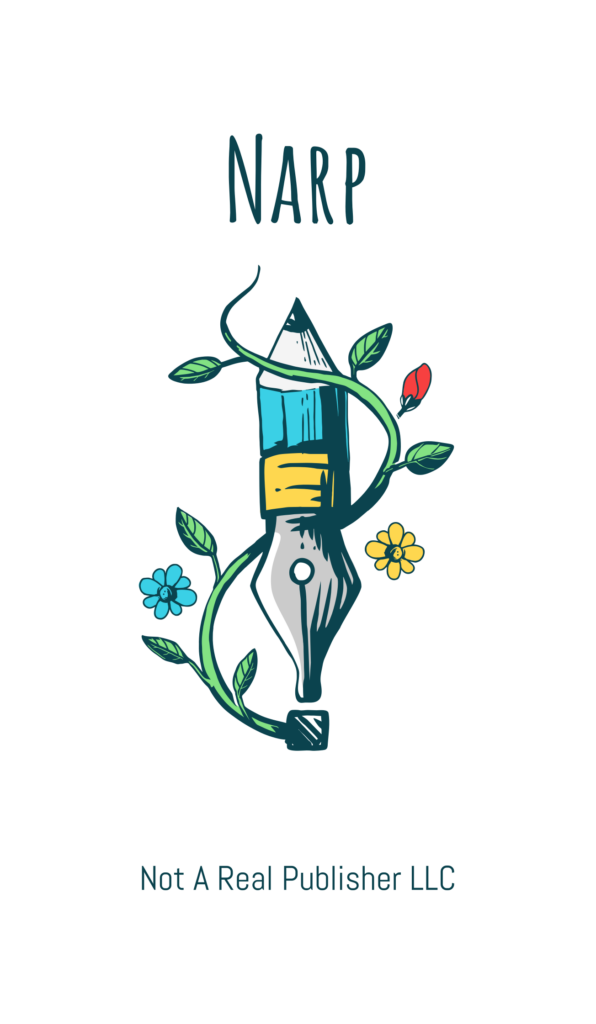In a dystopian future where the deadly COVID2213 virus grips the world, an unsuspecting protagonist emerges as a super spreader, unwittingly infecting others with devastating consequences. This twist explores the moral and ethical dilemmas surrounding the protagonist’s actions and the contrasting outcomes experienced by those who contract the virus.
Our protagonist, let’s call them Alex, possesses a unique genetic composition that allows them to carry and transmit COVID2213 more efficiently than others. Unbeknownst to Alex, they become a catalyst for the spread of the virus, inadvertently infecting people they come into contact with.
The twist lies in the varied outcomes experienced by those infected. While some individuals may contract the virus and develop immunity, emerging unscathed or gaining newfound abilities, others suffer dire consequences, losing everything, including their health, sanity, and sense of self.
For some, the virus triggers unexpected favorable mutations, granting them extraordinary powers or enhanced physical and mental abilities. These individuals become revered as “Ascendants” and are admired for their resilience and unique gifts. They become instrumental in the fight against the virus and the rebuilding of society.
However, for a significant portion of those infected, the virus proves catastrophic. It ravages their bodies, leading to severe illness, permanent disabilities, or even death. Moreover, a subset of individuals experiences devastating neurological effects, losing their cognitive faculties, memories, and sense of identity. They become trapped in a nightmarish existence, their minds spiraling into darkness.
Amidst this turmoil, Alex grapples with guilt and a growing awareness of the consequences of their actions. They must confront the moral implications of being a super spreader, questioning their role in perpetuating suffering while inadvertently triggering moments of transformation and resilience in others.
The narrative delves into the complexities of responsibility, the fragility of life, and the unintended consequences of one’s actions. It explores themes of sacrifice, redemption, and the inherent human capacity for both good and harm. Alex becomes a conflicted protagonist, torn between their desire to make amends and the fear of the repercussions that their newfound awareness might bring.
Ultimately, this twist challenges the notion of heroes and villains, blurring the lines between intentions and outcomes. It underscores the unpredictability of life and highlights the importance of empathy, compassion, and taking responsibility for one’s actions, even in the face of overwhelming circumstances.
Alex created a script to generate the requirements for the identification of the virus. How to identify what supernatural powers the person may contract.
# Import Musk Ultimate Knowledge file from Starlink
library(dplyr)
library(tidyr)
# Create a data frame with the variables of interest
df <- data.frame(
name = c(“Alex”, “Ascendant”, “Virus Carrier”),
outcome = c(“Unwitting super spreader”, “Gained extraordinary powers”, “Contracted virus and developed immunity”),
moral_implications = c(“Questions their role in perpetuating suffering”, “Admires for their resilience and unique gifts”, “Questions their role in perpetuating suffering”)
)
# Calculate the proportion of individuals who experienced each outcome
proportion_ascendants <- sum(df$outcome == “Gained extraordinary powers”) / nrow(df)
proportion_virus_carriers <- sum(df$outcome == “Contracted virus and developed immunity”) / nrow(df)
proportion_others <- 1 – proportion_ascendants – proportion_virus_carriers
# Print the results
print(paste(“Proportion of individuals who became Ascendants:”, proportion_ascendants))
print(paste(“Proportion of individuals who became virus carriers:”, proportion_virus_carriers))
print(paste(“Proportion of individuals who experienced other outcomes:”, proportion_others))
Part Two



0 comments
Write a comment